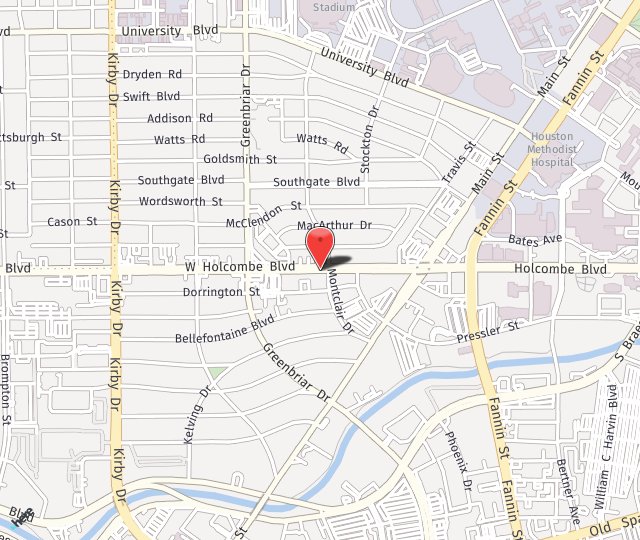Temporomandibular joint (TMJ) disorder can cause headaches through several mechanisms, as this joint is closely connected to numerous structures in the head and neck. This joint connects your jawbone to your skull. If the jaw joint is not correctly aligned to your skull, can strain the head, neck, and jaw system that in turn can lead to a wide range of symptoms that often seek medical care for.
Dr. Konig explains, these are some ways that TMJ disorders can cause headaches:
- Muscle Tension: TMJ can lead to muscle tension and spasms in the muscles of the jaw, face, and neck. This muscle tension is often the result of the muscles being overworked and strained. This results in headaches in the temporal area and neck
- Nerve Irritation: The temporomandibular joint is located close to various nerves, including the trigeminal nerve, which is responsible for sensations in the face and head. If the TMJ is inflamed or not functioning properly, it can irritate these nerves, leading to referred pain in the form of headaches or even migraines. There are also nerves in the ear, that when jaw joints compress on them can cause further irritation
- Jaw Misalignment: TMJ disorders can result from issues like a misaligned bite or a dislocated jaw joint. When your bite is not properly aligned, it can create stress and tension on the jaw joint and surrounding structures, potentially triggering headaches. This is similar to driving a car out of alignment, it places abnormal strain on the muscles and nerves.
- Teeth Grinding (Bruxism): TMJ disorders are often associated with teeth grinding or clenching, especially during sleep. This can exert excessive force on the jaw joint and the surrounding muscles, leading to muscle fatigue and tension that can radiate into the head as headache pain. Additionally, sometimes patients brux to open their airway as they may have sleep apnea.
- Posture and Muscle Imbalance: TMJ issues can alter your posture and how you hold your head and neck. Many times TMJ patients present with forward head posture or rotated disc in the neck (CO/C1) This change in posture can lead to muscle imbalances and strain in the neck and upper back muscles, which may also result in headaches. Often times patients have seen chiropractors who can realign the cervical vertebrae, however, it fails to hold if the jaw is misaligned.
Dr. Konig adds, not all headaches are caused by TMJ, and there can be multiple factors that can cause headaches. Often times our patients have seen numerous medical specialist and have ruled out other issues. If you suspect that your headaches are related to TMJ or if you have persistent headaches, please feel free to contact our office, Ronald W. Konig DDS, FAGD, LVIF, 713-668-2289.


